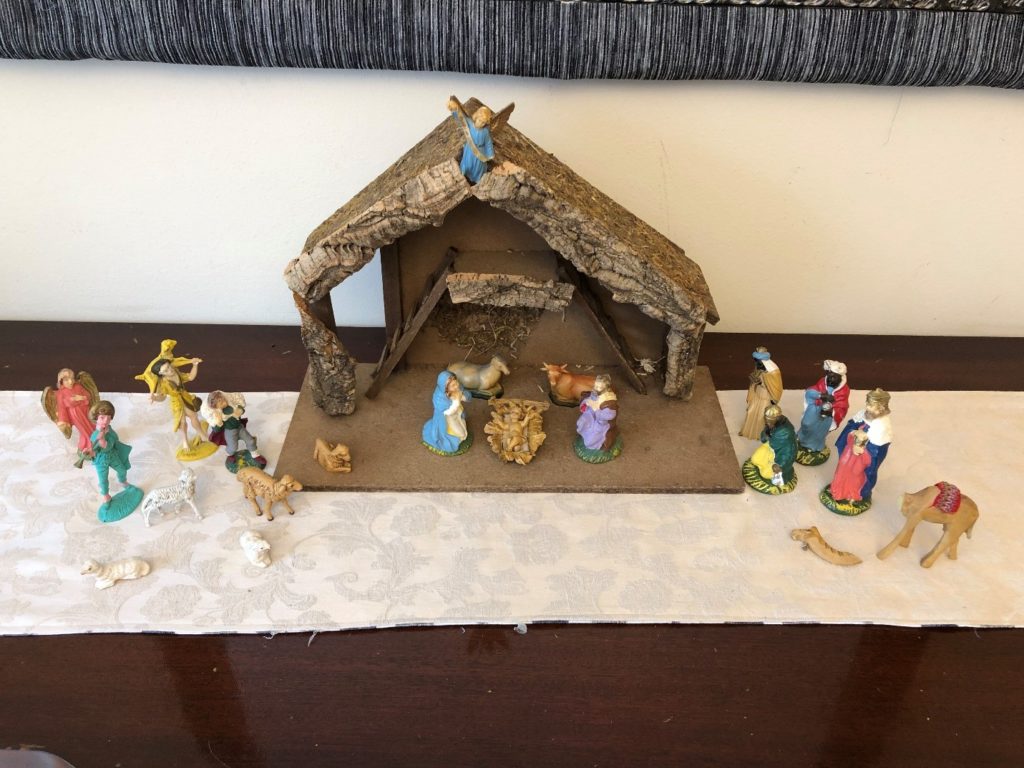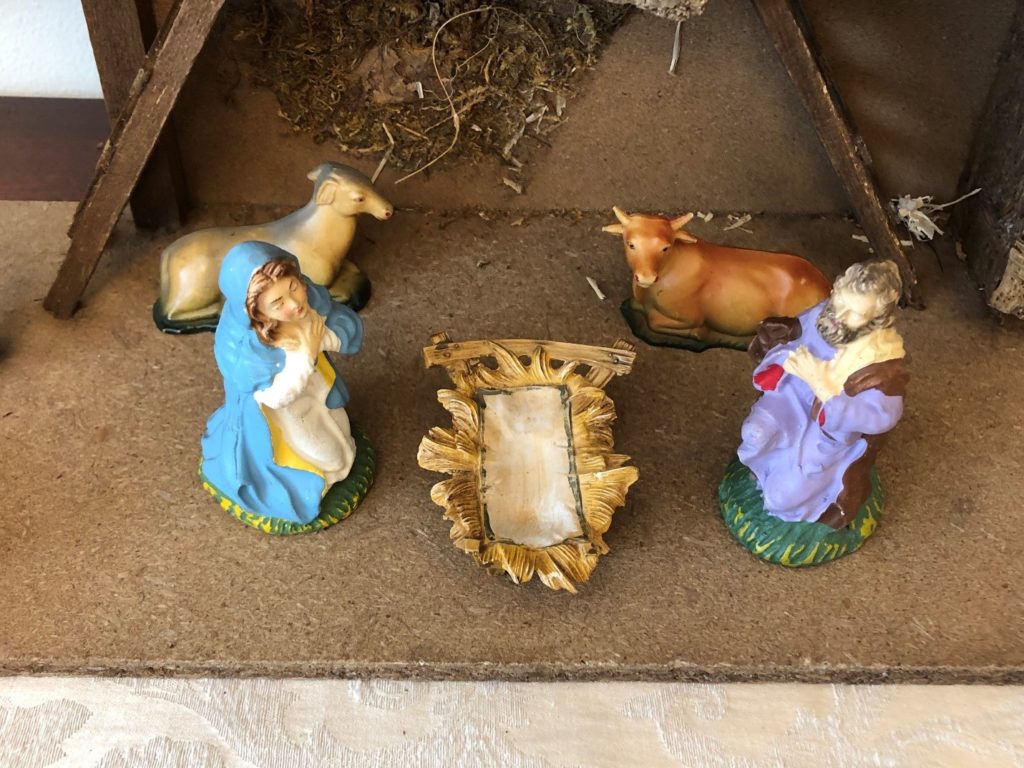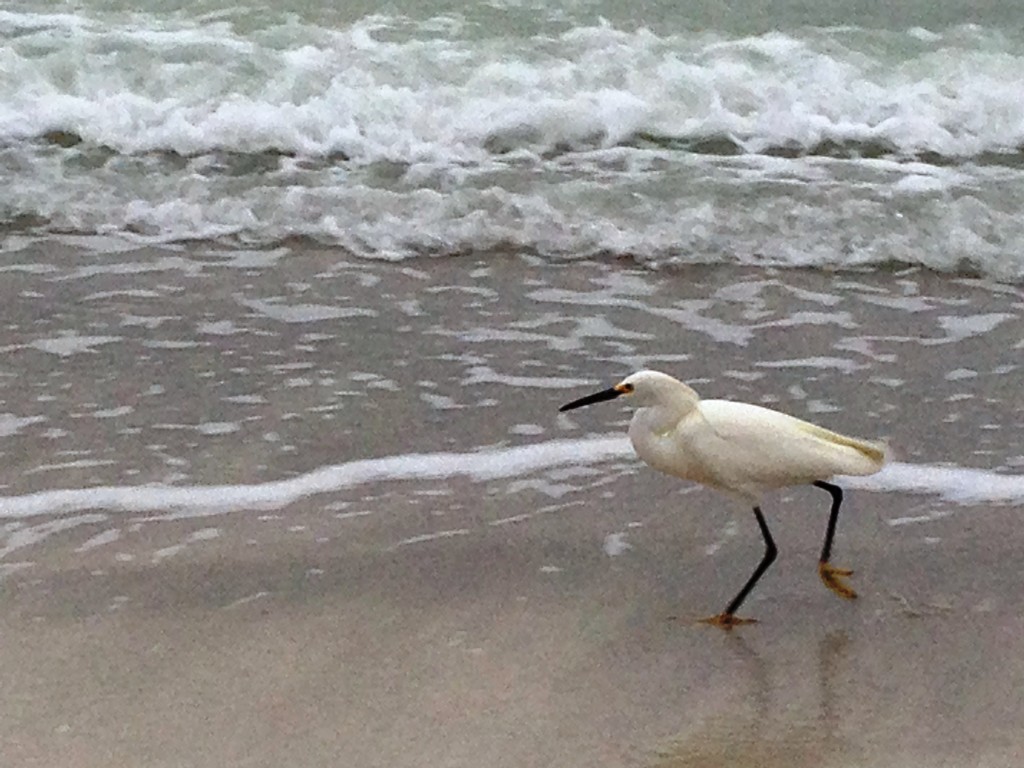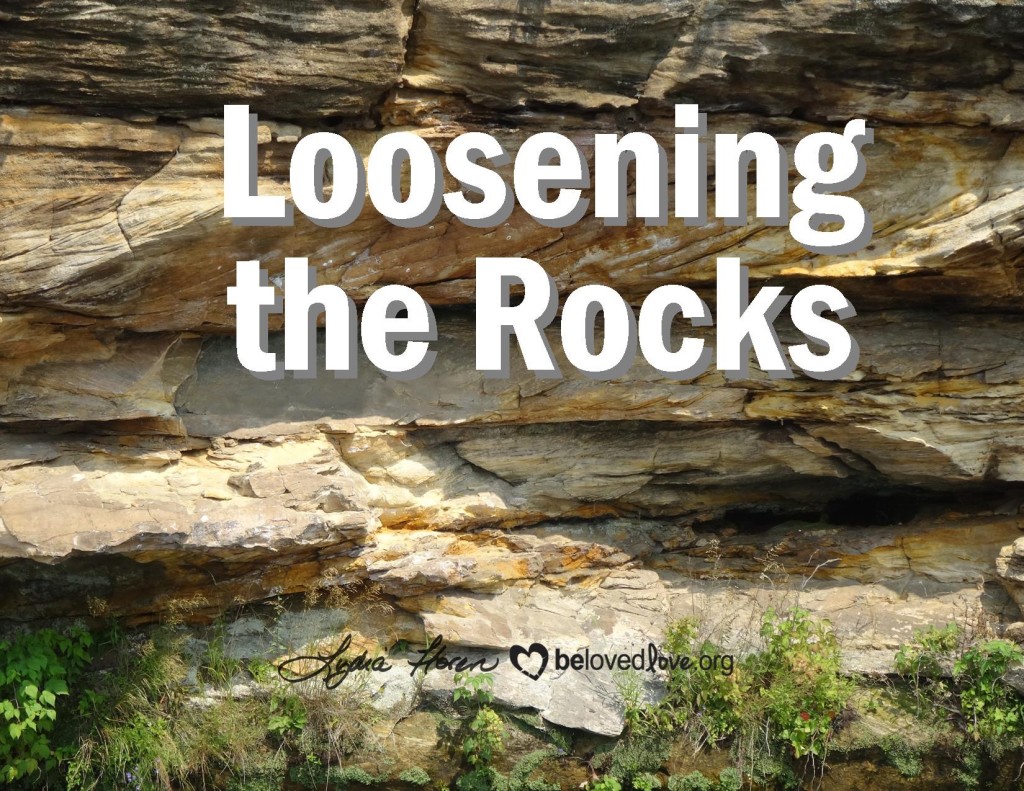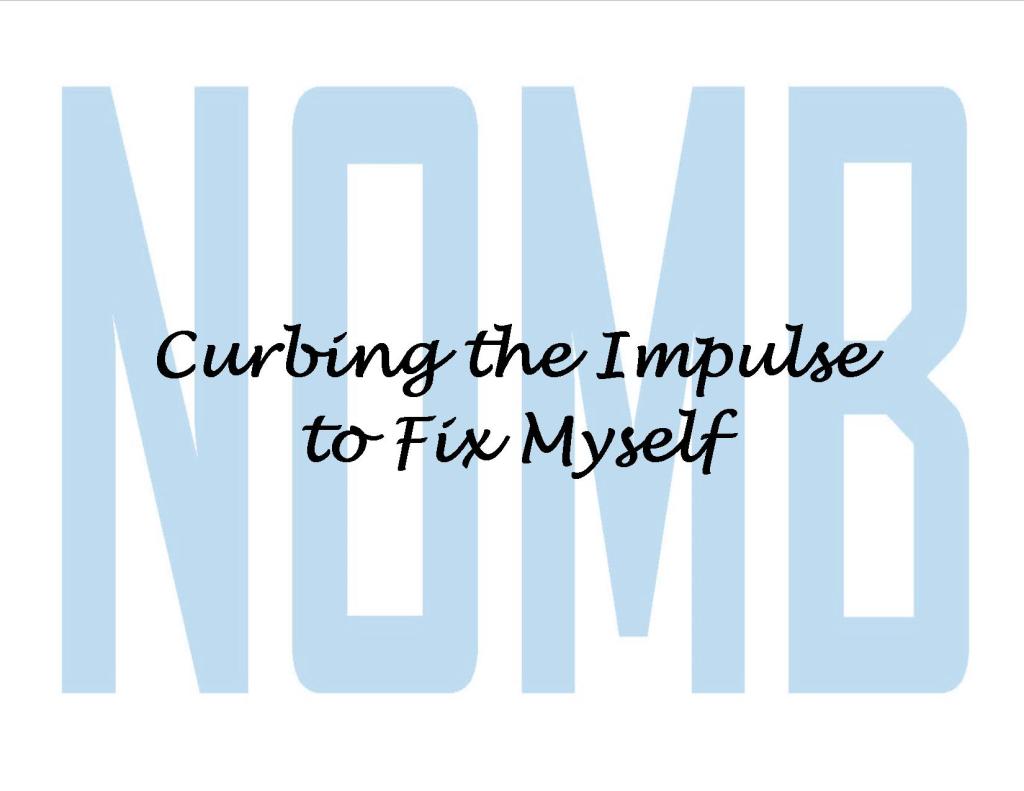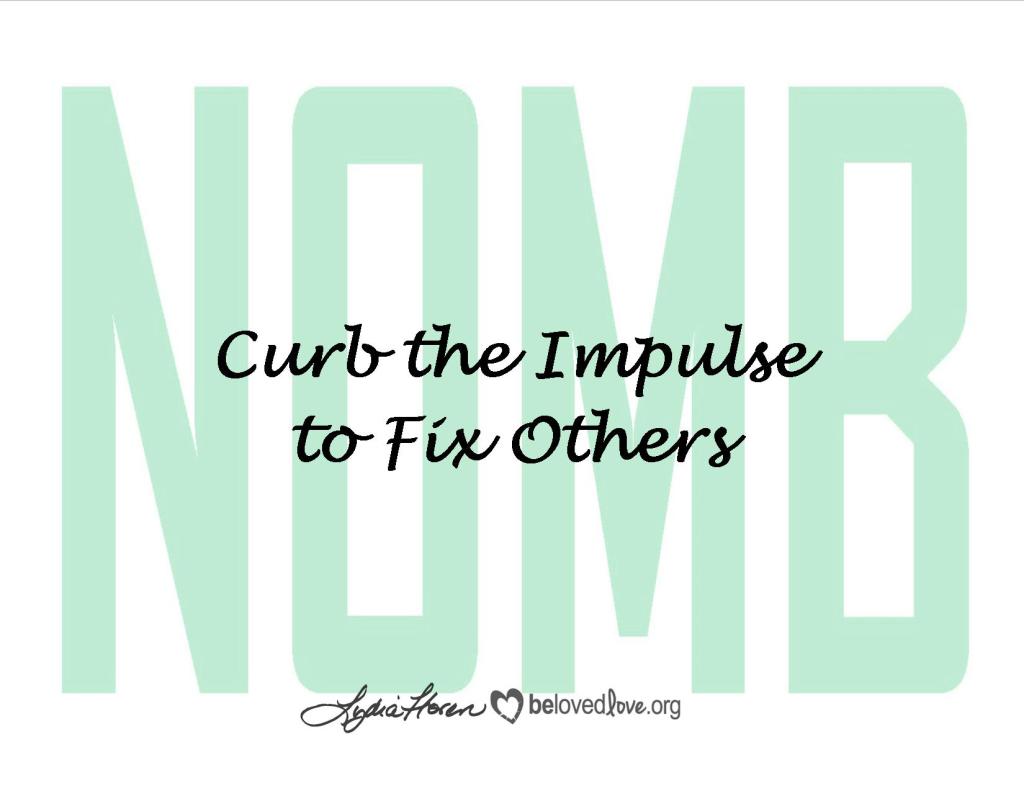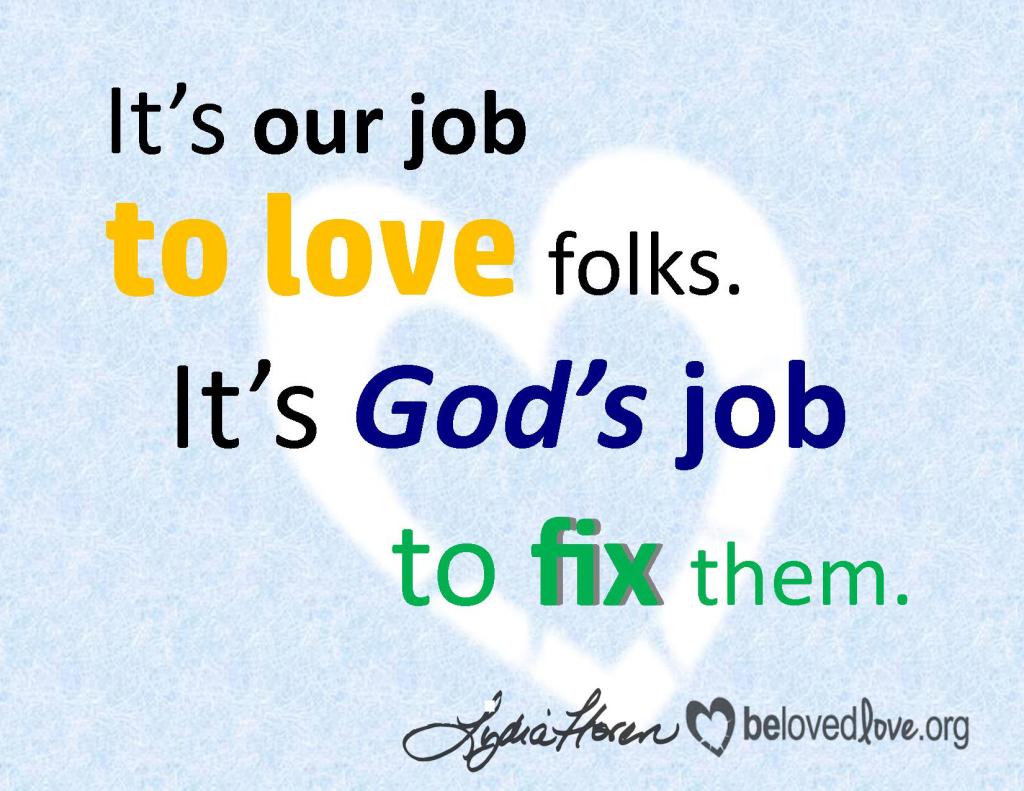At Christmas time our kids used to love to play with the nativity set. No, not the fancy white porcelain one. That one was safe on a ledge out of reach. I mean the everyday nativity set with the brown barn and multicolored figures.
Needless to say, with all that use, we lost a fair amount of pieces over the years. Most of the time a missing piece wasn’t that big a deal. After all, do we really know how many wise men there were? And a shepherd looked a lot like Joseph anyway right?
The Baby Jesus Crisis
However, when baby Jesus went missing (which happened on more than one occasion)? Now that was a real crisis. You can’t really have a Christmas story without baby Jesus. Do you know how hard it is to find an infant-in-a-manger figurine just the right size for our old but beloved nativity set?
When I set out our ragtag collection of figurines this year, I remembered the baby Jesus crisis. How could I forget? Our current baby Jesus is a little oversized compared to the other pieces.
Y’all know where I am going with this, right?
As you celebrate Christmas this year, don’t lose baby Jesus. He is the pivotal piece in this story. Every day, make time–and take time–to connect with Him. Even—especially–if it means doing a few less things.


